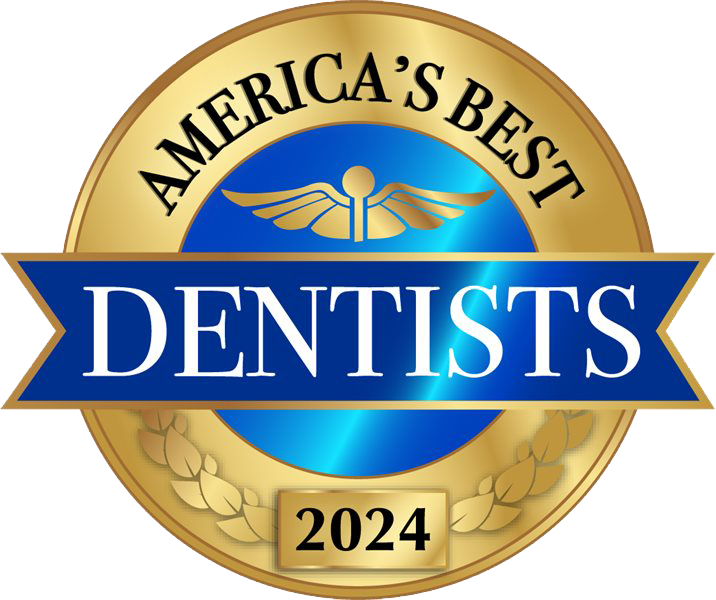This Surprising Drink Might Be Secretly Damaging Your Teeth
Cherrywood Dental • August 9, 2017
You know that you’re supposed to avoid soda and juice for the sake of your enamel. But there’s another popular drink that could be just as problematic.
Sparking water has become more widespread in recent years, with Americans drinking more and more of the sugar-free soda alternative. Between May 2016 and May 2017, we actually spent about $2.3 billion on seltzer. Some trend experts think that this surge has to do with seltzer’s popularity among millennials. But no matter the cause of the popularity, drinks should be aware of potential risks.
There are a few reasons why sparkling water shouldn’t be the majority of what you drink – and we dive into those below. It’s always important to remember that no beverage should be the only thing you imbibe (other than water, that is!) and diversifying your diet is beneficial for your health. If you’re ever looking for advice on tooth-healthy foods and drinks, just get in touch.
Why Might Sparkling Water Be Bad for Teeth?
It’s all about the carbonation. Sparking water contains carbonic acid. This is because carbon dioxide gas dissolves in the carbonation process. The pH level of seltzer is therefore lower than normal water.
Add the flavorings involved in some sparkling waters, and you end up with an acidity similar to that of fruit juice. A study published in the International Journal of Pediatric Dentistry found that many sparkling waters have the same effect on teeth as orange juice, softening tooth enamel. The study found that citrus-flavored waters were the most corrosive, since they contain citric acid as well as carbonic acid.
But in this case, the flavoring might be the primary cause of the problem. A different study published in the Journal of Oral Rehabilitation found that plain mineral water and flavorless seltzer do minimal damage to teeth.
So what’s the real answer? Experts say that individuals would need to consume sparkling water regularly over a significant period of time in order to see significant changes to their enamel. Basically, labs can create unrealistic environments, and real-world seltzer consumption is unlikely to ever reach that level.
How to Avoid Enamel Erosion, No Matter What You Drink
Even though seltzer might not be as dangerous as soda because it skips the sugar, you should still take care. It’s always a good idea to be careful with even somewhat acidic drinks. When you sip an acidic beverage, you kick off acid attacks within your mouth. The acid strips the enamel of minerals for minutes at a time following each sip. This leads to enamel eroding and becoming sensitive.
There are a few ways to protect your teeth when you’re enjoying an acidic drink like sparkling water, wine, or orange juice –
- Drink quickly – We don’t mean that you should chug a glass of wine, but you can absolutely reduce the number of sips you take. By taking fewer large sips as opposed to many tiny sips, you’re exposing your teeth to shorter and fewer acid attacks. If you’re drinking something especially acidic, try to follow this rule and your teeth will thank you.
- Use a straw – A straw helps direct the harmful liquid toward the back of your mouth and keep it from washing over your teeth. We know that it’s not always possible to use a straw, especially in social settings, but you can have a reusable straw at home to use when you’re alone or with family.
- Pair drinks with meals – Snacking is a big problem for your teeth. This is because you don’t eat enough food during a snack to stimulate enough saliva to wash away acids. By pairing sweets and acidic drinks with meals, you can ensure there’s enough saliva to protect your teeth.
- Rinse with water or chew sugar-free gum – After you finish your beverage, quickly swish with water or chew on a piece of sugar-free gum. This will help reset your oral pH and remove acids and food particles.
You should also use fluoride toothpaste if you have a problem with sensitive or worn enamel. Fluoridated toothpaste remineralizes your enamel to help reduce erosion. It’s usually best to use this toothpaste at night because the fluoride has the strongest impact if you don’t rinse with water afterwards. For those who brush and then head out the door or eat breakfast on the go, this can be challenging.
No matter the state your teeth are in, we’re here to help. Get in touch with any questions about your diet or your oral health. The better informed you are, the better you’ll be able to build a strong and healthy smile!



